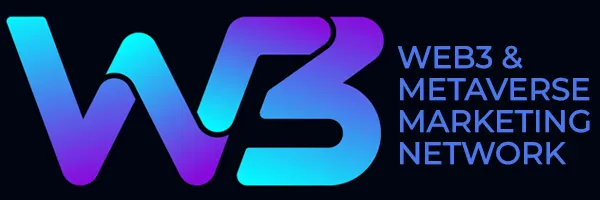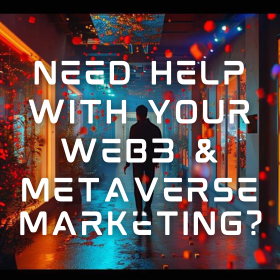The metaverse, a concept gaining remarkable momentum, is a frontier that demands attention, particularly from marketers. It’s pivotal for marketers to grasp what the metaverse entails and how it will reshape the landscape of brand promotion.
Understanding the Metaverse: Consider the futuristic visions from science fiction movies in the mid-20th century—floating cities, flying cars, a world teeming with innovation. While some elements of these cinematic prophecies materialized, the metaverse, too, is realizing its potential.
The metaverse is an evolving virtual realm, and defining it poses a challenge due to its early developmental stages. Much of the current metaverse content is aspirational, offering a glimpse of what could be possible with future technology. The unknown nature of the metaverse sparks excitement about its untapped possibilities.
The Metaverse and Web 3.0: The metaverse’s evolution is intertwined with a broader transformation in digital technology, often referred to as Web 3.0. This upcoming phase envisions a trustless and permissionless internet, empowering users with greater control over their data and internet usage.
Web 3.0 relies on blockchain, artificial intelligence, and virtual/augmented reality. Decentralization is a key theme, fostering shared development of sites, applications, and tools. Components like decentralized finance platforms (DeFi), decentralized applications (dApps), and decentralized autonomous organizations (DAOs) will play a pivotal role.
Harnessing the Metaverse for Today’s Marketing: Acknowledging the impending disruption of advertising and marketing in the shift from physical to digital spaces is crucial. The current metaverse industry valuation exceeds $61 billion and is projected to surge beyond $400 billion in the next five years.
Here are five strategies for marketers to initiate their journey into the metaverse:
- Incorporate the Metaverse into Your Marketing Strategy: Develop a comprehensive strategy aligning with the company’s transition to digital spaces. Proactive monitoring and understanding of emerging technologies in the metaverse will provide a competitive edge.
- Create Your Own Digital Spaces: Brands should explore building digital counterparts within existing platforms. Depending on the product or service, this could involve replicating physical locations digitally. For instance, an auto manufacturer might construct a digital showroom showcasing the latest models.
- Immersive Experiences: Traditional marketing approaches will need to evolve into more immersive experiences. Consider a virtual movie theater or a digital kitchen experience with renowned chefs. Immersive encounters will redefine engagement and brand interaction.
- Digital Collectibles: Extend the concept of physical collectibles into the metaverse. Offer unique digital badges, avatar skins, or NFT-based collectibles. Major brands, like Disney collaborating with Fortnite, showcase the potential of using digital collectibles for promotions.
- Traditional Marketing with a Digital Twist: While embracing new metaverse-centric approaches, don’t disregard traditional methods entirely. The metaverse accommodates familiar advertising formats such as billboards and digital building ads, providing a bridge between the physical and digital worlds.
The Metaverse Unleashes Limitless Potential: Despite some current limitations, the metaverse presents marketers with immense flexibility and creative opportunities. The future may see new, imaginative marketing campaigns, where a digital zookeeper experience or interactive exhibits lure users into engaging with brands. In this evolving digital landscape, the most inventive marketing departments are poised to shine.










